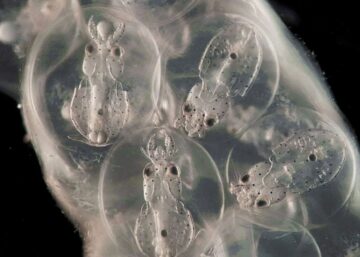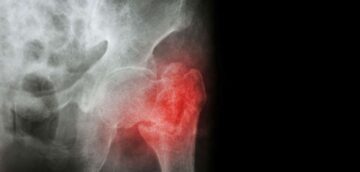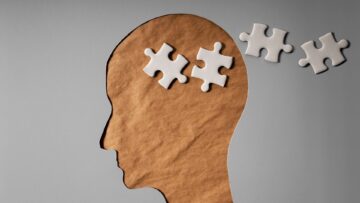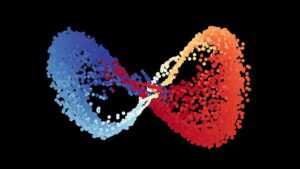Qualitative studies of autistic people’s pregnancy experiences have indicated sensory and communication-related barriers to accessing adequate prenatal healthcare. However, quantitative work on the topic is scarce.
A new study by the University of Cambridge explored pregnancy experiences among autistic and non-autistic people. Scientists found that autistic people are more vulnerable to depression and anxiety during pregnancy. The results could have important implications for supporting autistic people during pregnancy.
In the study, scientists at the Autism Research Centre surveyed 524 non-autistic and 417 autistic people. The participants were asked about their experience of pregnancy. Anyone pregnant at responding or had previously given birth was eligible to participate.
According to the study, parents of autistic children reported prenatal sadness and anxiety at around three times higher rates than those of non-autistic children (9% of non-autistic parents and 24% of autistic parents, respectively).
Additionally, there was less satisfaction among autistic responders with pregnancy healthcare. Autistic respondents were less likely to trust specialists, believe that specialists treated them respectfully, think that experts took their questions and concerns seriously, and be happy with how the material was presented in appointments. Additionally, autistic responders were more likely to have sensory problems during pregnancy and be overwhelmed by the overstimulating setting of prenatal visits.
Dr. Sarah Hampton, a lead researcher on the study, said: “This study suggests that autistic people are more vulnerable to mental health difficulties during pregnancy. It is imperative that effective mental health screening and support is available for autistic people during pregnancy.”
Dr. Rosie Holt, a research team member, added: “The results also suggest that autistic people may benefit from accommodations to prenatal healthcare. These may include adjustments to the sensory environment of healthcare settings, as well as adjustments to how information is communicated during prenatal appointments.”
Dr. Carrie Allison, Deputy Director of the Autism Research Centre and a member of the team, said: “We are grateful to members of the autistic community for providing feedback when we designed this research. It is vital that autistic people with lived experience help shape the research we do, and we keep their priorities as a clear focus.”
Professor Simon Baron-Cohen, Director of the Autism Research Centre and a member of the research team, said: “It is important that more research is conducted looking at the experiences of autistic new parents, who have been neglected in research. It is also important that this research is translated into health and social care policy and practice to ensure these parents receive the support and adaptations they need in a timely manner.”
Journal Reference:
- Hampton, S., Allison, C., Baron-Cohen, S., & Holt, R. (2022). Autistic People’s Perinatal Experiences I: A Survey of Pregnancy Experiences. Journal of Autism and Developmental Disorders. DOI: 10.1007/s10803-022-05754-1













